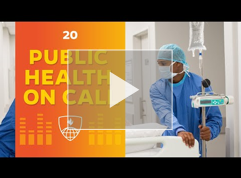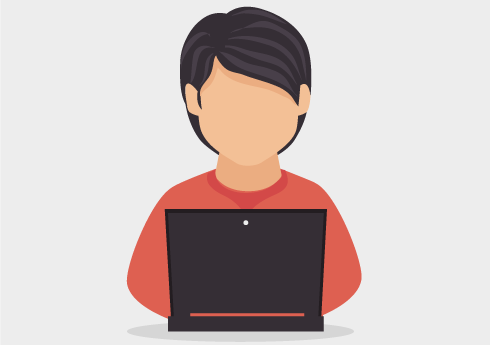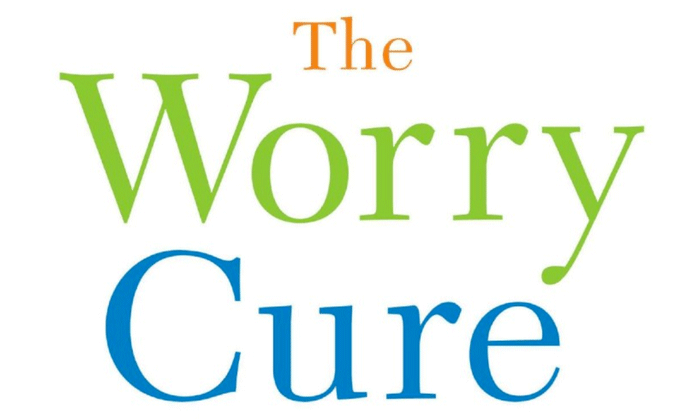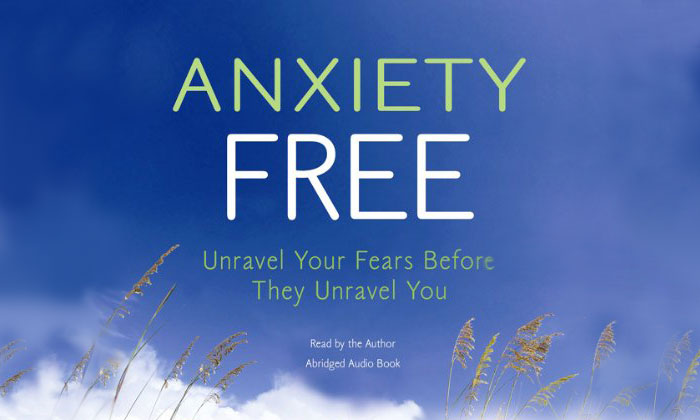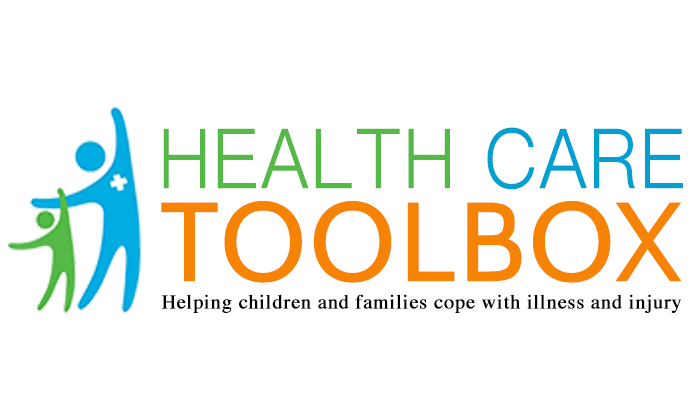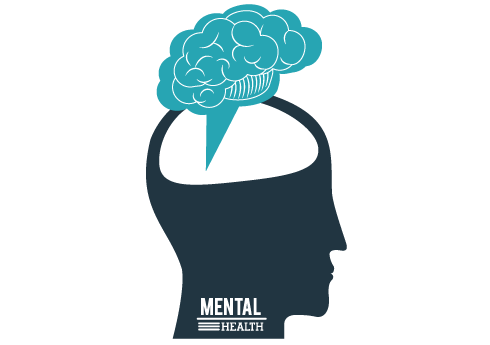In the first few months of 2020, several publications emerged which described initial efforts to provide support to healthcare providers to promote resilience and mental health stability. Some of these reports involved simple descriptions of the importance of mental health support in Wuhan, China or in Tehran, Iran. Two other reports provided descriptions of more integrated and comprehensive efforts to promote resilience, well-being, and mental health stability in healthcare workers.
Several key features in these mental health programs include:- A strong and decisive central committee or task force to promote mental health in the health system.
- Strong leadership in the health system administration regarding personal safety for healthcare workers, along with support for other personal needs such as transportation, childcare, and proximal housing.
- Immediate, transparent, and direct communications from the health system leadership about changes and updates in the status of the patient census, strategic planning, and outcomes.
- Creation of a confidential and multi-level mental health support system offering a continuum of care (e.g. employee assistance program, spiritual care, psychological interventions, psychiatric services) as well as trainings in self-help techniques which may help workers to regulate their emotional responding.
Anxiety Among Healthcare Providers
Resilience in Stressful Events (RISE) is a training program that teaches you how to set up a peer-to-peer support program in your hospital and how to teach a multi-disciplinary team of hospital volunteers how to respond and support a team member involved in an unanticipated patient event, stressful situation, or patient-related injury.
The RISE Program is a Johns Hopkins resilience and mental health program for healthcare workers.
